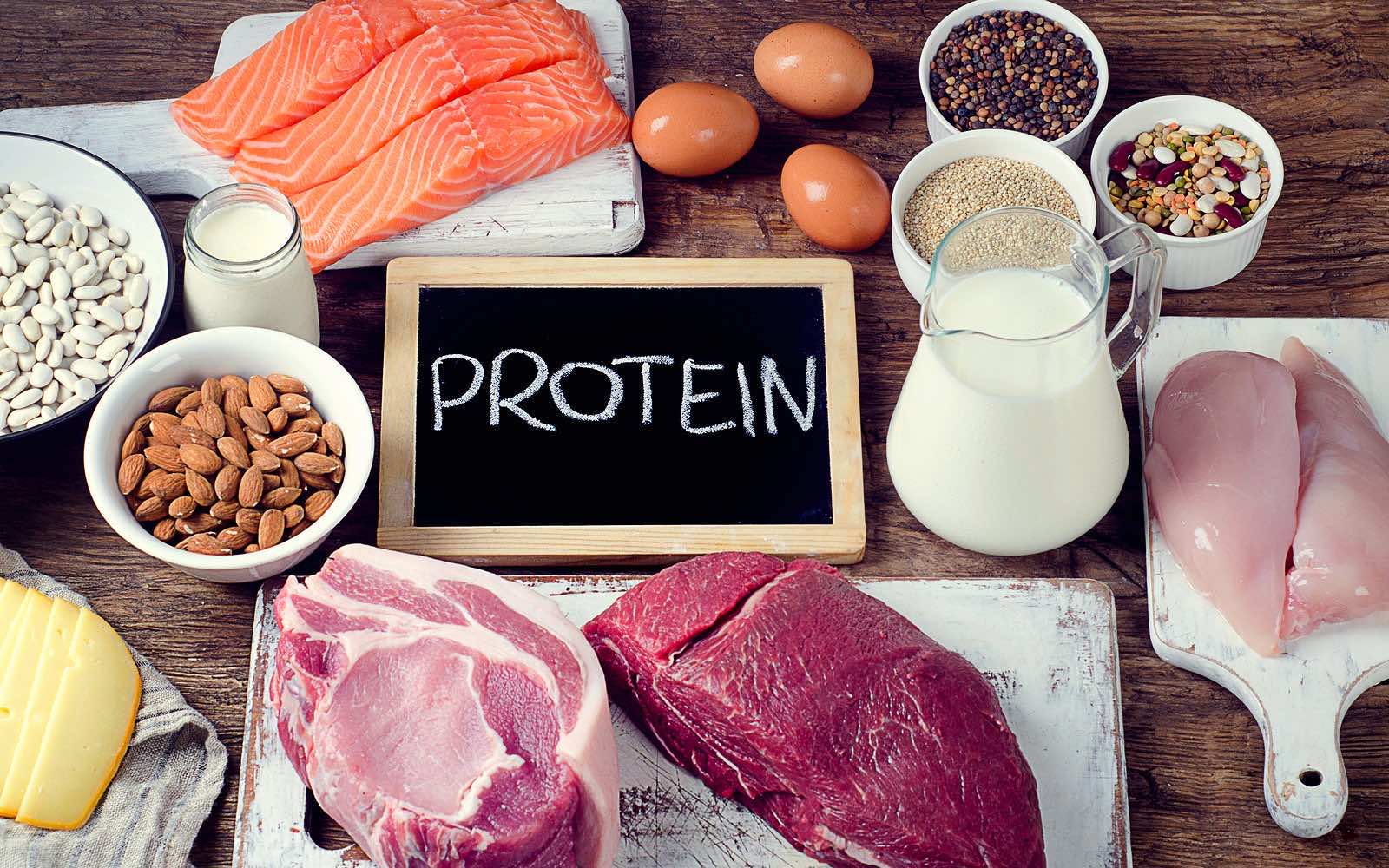1. Drink more water: Drinking plenty of water can help you feel full and reduce your appetite
One of the main benefits of drinking more water is its ability to help with weight loss. Drinking water can help reduce appetite and increase feelings of fullness, which can lead to consuming fewer calories overall. Additionally, water can help boost metabolism, allowing the body to burn more calories throughout the day.
One of the main benefits of drinking more water is its ability to help with weight loss. Drinking water can help reduce appetite and increase feelings of fullness, which can lead to consuming fewer calories overall. Additionally, water can help boost metabolism, allowing the body to burn more calories throughout the day.
To prioritize sleep for weight loss, it is recommended to establish a consistent sleep schedule and get at least 7-8 hours of sleep each night. Additionally, reducing caffeine and alcohol intake, and avoiding electronics before bedtime can improve sleep quality.
3. Eat more protein: Protein can help you feel full and reduce cravings for unhealthy snacks.
Eating more protein can be an effective strategy for weight loss. Protein is more filling than carbohydrates or fat, and can help reduce appetite and cravings for unhealthy snacks. Additionally, eating more protein can boost metabolism, allowing the body to burn more calories throughout the day.
One of the main reasons proteins are effective for weight loss is their impact on hunger and fullness. Protein stimulates the release of hormones that control appetite, making it easier to reduce overall calorie intake. Studies have also shown that increasing protein intake can reduce cravings for high-calorie foods and improve feelings of fullness, leading to consuming fewer calories overall.
Stress can have a significant impact on weight gain and loss, and reducing stress can be an important strategy for achieving and maintaining a healthy weight. When we experience stress, the body produces the hormone cortisol, which can lead to increased appetite, cravings for unhealthy foods, and the accumulation of belly fat.
Additionally, stress can also disrupt sleep, reduce energy levels, and increase the risk of emotional eating, all of which can make it harder to maintain a healthy weight.
To reduce stress for weight loss, it is important to identify and address sources of stress in daily life. This may involve practicing stress-reducing techniques such as meditation, yoga, or deep breathing, and making time for relaxation and self-care activities.
Using smaller plates can be a simple yet effective strategy for weight loss. The size of our plates can impact the amount of food we consume, and using smaller plates can help with portion control, reduce calorie intake, and support weight loss goals.
Studies have shown that when using larger plates, people tend to serve themselves larger portions of food and consume more calories than when using smaller plates. By contrast, using smaller plates can create an optical illusion that makes portions appear larger, leading to a feeling of fullness with less food.
Using smaller plates can also help with mindful eating, which involves paying attention to hunger and fullness cues, eating slowly, and enjoying the sensory experience of food. When using smaller plates, it can be easier to focus on the food, enjoy the taste, and eat mindfully, rather than mindlessly consuming larger portions
6. Eat more fiber: Fiber can help you feel full and reduce your overall calorie intake.
Eating more fiber can be an effective strategy for weight loss. Fiber is a type of carbohydrate that the body cannot digest, and is found in fruits, vegetables, whole grains, and legumes. By incorporating more high-fiber foods into the diet, individuals can support their weight loss goals and improve overall health.
One of the main reasons fiber is effective for weight loss is its ability to reduce appetite and increase feelings of fullness. When consumed, fiber absorbs water and swells in the stomach, leading to a feeling of fullness and reduced calorie intake. Additionally, fiber slows down the digestion process, which can help regulate blood sugar levels and reduce cravings for unhealthy snacks.
7. Chew your food slowly: Eating slowly can help you feel full and reduce your overall calorie intake.
Chewing food slowly can be a simple yet powerful strategy for weight loss. When we eat quickly, we tend to consume larger portions and may not give our body enough time to register feelings of fullness, leading to overeating and weight gain. By contrast, chewing food slowly can help with portion control, reduce calorie intake, and support weight loss goals.
When we chew our food thoroughly, it breaks down into smaller pieces, making it easier to digest and absorb nutrients. Additionally, the act of chewing sends signals to the brain to release hormones that control appetite and digestion, helping to regulate hunger and fullness.
8. Avoid sugary drinks: Sugary drinks are high in calories and can contribute to weight gain.
Avoiding sugary drinks can be an effective strategy for weight loss. Sugar-sweetened beverages such as soda, fruit juice, and energy drinks are a major source of added sugars in the diet, and can contribute to weight gain and a range of health problems, including type 2 diabetes, heart disease, and liver disease.
One of the main reasons sugary drinks are so detrimental to weight loss is their high calorie content. A typical 12-ounce can of soda contains around 140 calories, while a 16-ounce bottle can contain as much as 250 calories or more. These calories can add up quickly, and consuming just one sugary drink per day can lead to a significant increase in daily calorie intake.
9. Eat more whole foods: Whole foods like fruits, vegetables, and whole grains can help you feel full and reduce your overall calorie intake.
When individuals focus on consuming nutrient-dense whole foods, they are more likely to feel satisfied and nourished, rather than deprived or restricted. This can help reduce the likelihood of binge eating or emotional eating, which can be common obstacles to weight loss success.
One of the main reasons whole foods are effective for weight loss is their nutrient density. Whole Foods is rich in vitamins, minerals, and fiber, which can help promote feelings of fullness, reduce cravings for unhealthy foods, and support a healthy metabolism. Additionally, whole foods are generally lower in calories and higher in nutrient content than processed or packaged foods, making them an ideal choice for those seeking to lose weight.
10. Keep unhealthy foods out of sight: Keeping unhealthy foods out of sight can help reduce the temptation to eat them.
Keeping unhealthy foods out of sight can be a simple yet effective strategy for weight loss. Research has shown that individuals are more likely to consume foods that are visible and easily accessible, and that the presence of unhealthy foods in the environment can contribute to overeating and weight gain.
One way to implement this strategy is to store unhealthy foods in opaque containers or in cabinets that are less visible and accessible. This can make it more difficult to mindlessly snack on unhealthy foods, and can help reduce the temptation to indulge in high-calorie, low-nutrient foods.
Another approach is to limit the number of unhealthy foods that are brought into the home in the first place. By purchasing healthier alternatives and avoiding high-calorie, low-nutrient foods, individuals can support their weight loss goals and improve their overall health.
11.Practice mindful eating : Mindful eating involves paying attention to your food and eating without distractions, which can help prevent over
One of the main benefits of mindful eating is that it can help individuals to tune into their body's natural hunger and fullness signals. By eating slowly, savoring each bite, and checking in with their body throughout the meal, individuals can better understand their hunger and fullness cues, and are less likely to overeat or consume excess calories.
In conclusion, practicing mindful eating can be an effective strategy for weight loss, by promoting awareness of hunger and fullness signals, and supporting a healthy relationship with food. By taking the time to savor each bite and pay attention to the sensations of eating, individuals can better understand their body's needs and make healthier choices accordingly. By incorporating mindful eating into their daily routine, individuals can support their weight loss goals and improve their overall health and well-being.





















0 comments:
Post a Comment